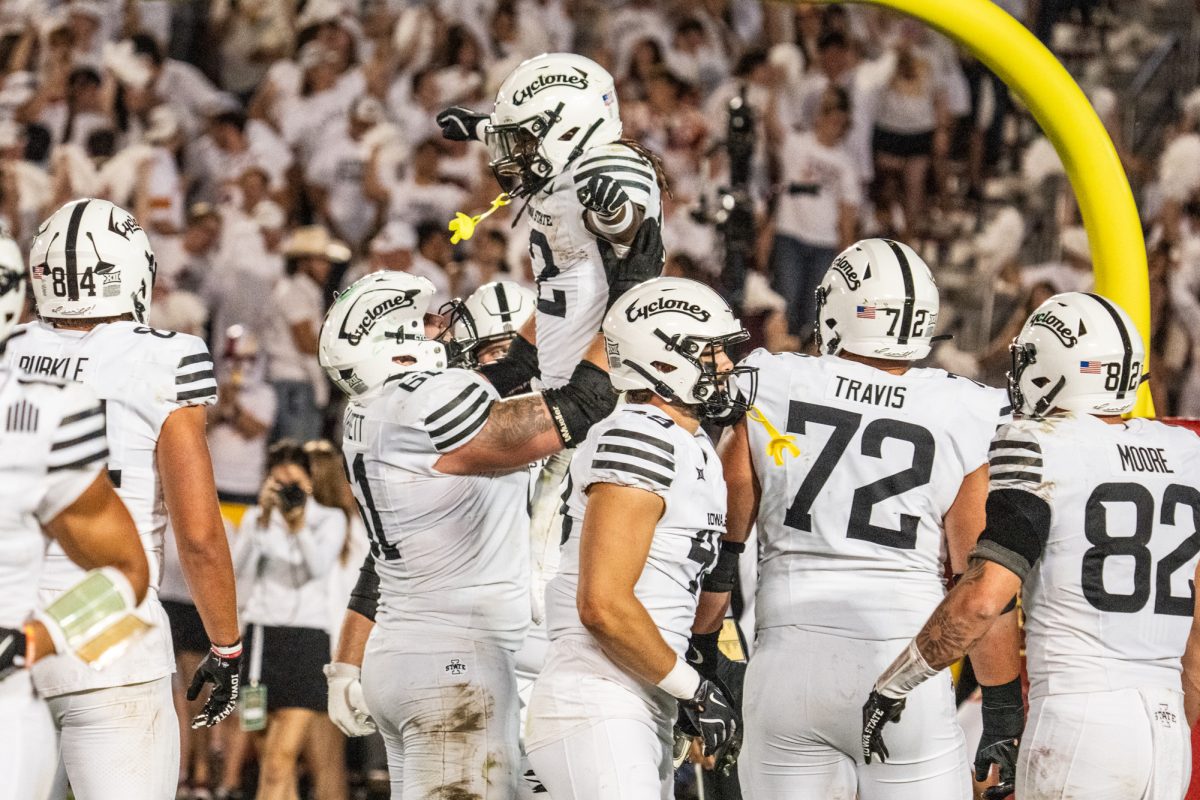I’m a minority, too
May 18, 1999
In her article in the April 23 issue of the Iowa State Daily, Kati Jividen informs us of the new university initiative to raise the retention of minority students.
Really, what is a minority student? Do they go around wearing signs that say, “I am a minority student?”
If I were to take all the Iowa State students and line them up, will the minority students then be apparent to me? I do not think so.
In order to determine what a minority student is, I must first define my term. What do I mean by minority student?
I am a minority student. I want complete free-market capitalism and less government.
This is an idea that many do not hold. I do not see the university coming to my door and attempting to retain me in the university.
Let us face facts. Minority status is not defined by the ideas in one’s head, but rather on the color of one’s skin.
It is this notion of race and ethnicity. If we are equal, then why do they get special treatment?
Why does the university set up programs just for them? The whole point behind those programs is to make us think we are equal and to give everyone an equal opportunity.
But how can I do this when I am setting up barriers between groups of people?
That is exactly what these notions of race and ethnicity do. I am sorry, but when I look at people, I see people.
I do not divide them up into different races or ethnic groups. How can I? To do so, would be a contradiction to equality. For if we are equal, then there is no difference. If we are equal, there is no way we can divide each other up into groups.
Ethnic, race, or any other group of that nature. The divisions are purely arbitrary. We had no say so into which group we were thrown into. Do you think I like be labeled a white Anglo-Saxon? No.
I do not even know what a white Anglo-Saxon is or what a white Anglo-Saxon is supposed to do. If anything, I am just an American. An American whose ancestors were immigrants. Just like a lot of people at ISU today.
How dare I say they are different. How dare I say that we can divide each other up so arbitrarily. It is against the very thinking of equality.
Michael T. Riley
Freshman
Computer engineering






